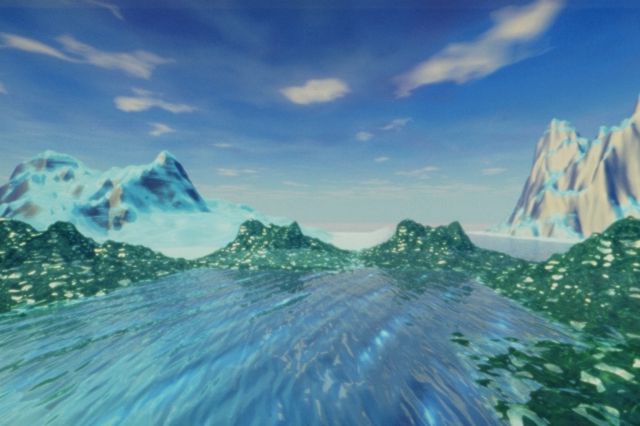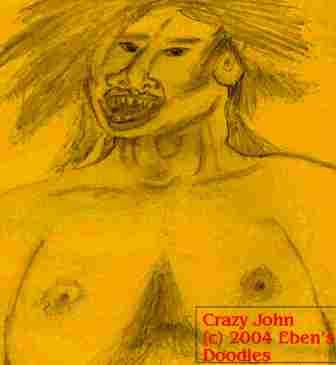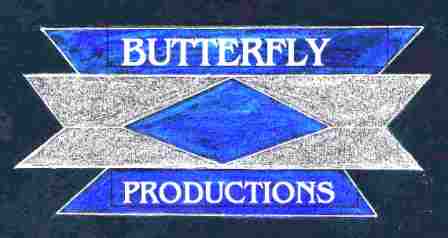


It struck the Black Hole in Sagittarius A West. The Black Hole began moving away from Sagittarius A West after consuming the thickest star clusters the Galaxy had to offer, including Chillingsworth’s orange Sagittarian star and treasure-heaped planet. At ever increasing speeds back along the ray’s trajectory, it would gather in whole stars and star clusters on the way, and grow. Munching its way through the Galaxy, myriads of stars would vanish in a fraction of time as it flew open-mouthed toward the spiral arm that held Earth and the Sun.
All those who could fled southward to Churchill. Everyone who stayed, who had clung to the old ways and still knew how to hunt the Beluga whale, fish, shoot caribou, trap harp and bearded seal , or even net nesting Diggs Islands seabirds, lived. The others took from those who had until they all faced starvation.
Fortunately, these hangers-on left too as soon as the ice broke up in the bay. Thus, the 600 Inuit population was quickly reduced to six hunters, their wives and children. It happened that way with all the Inuit settlements scattered around the huge bay.
He had endured much criticism at the time. How could he expose his wife and three daughters to hunger and cold? How could a man be so selfish as to not go with his relatives and friends? And so on. Yet Churchill had been flooded with Inuit from all the other settlements.
At least fifty thousand Inuit crammed a town that normally held ten. There they had waited and waited, and the train brought no wheat or supplies of any kind. In fact, when word did come from the capital of Manitoba, they were told the government--government of any kind in Canada--had ceased to be!
Driven to the brink of insolvency by the descent of Ice Age glaciers from the north, the rump-province collapsed when the infrastructure starting falling apart in the strange troubles that erupted first in Greece and then spread rapidly world-wide. There would be no more videos, snowmobiles, candy, drugs, meat, fresh produce, and all other things they had taken for granted would be theirs. In panic people looted shops and warehouses and when the food was utterly gone, the town caught fire by accident or deliberate vandalism, and then they had no shelter. With no power and heat, and now no shelter, the people fled the ruins and were soon swallowed by the surrounding tundra.
Pack ice in northern Canada's Foxe Basin and Hudson Strait had not broken up for generations now. But perpetual winter was no great hardship if one knew the old skills. Hermon did as his fathers had done and concentrated on seals and fish rather government doles and grants. He gathered up the half-wild dogs running in the village and got them to pull, more or less, a sled he made himself.

When it cleared the pack ice had vanished into air--but very quickly the ice reformed in the rapidly re-freezing water to become a rubbery, smooth surface as far as Hermon could see--for he had watched the entire process, not daring to go closer until things calmed down.
They thought at first he was joking. When he had gone back to his own home, people were talking about him, some wondering if he had gone crazy--like many had done from too much drinking and drugs. But Hermon continued to boast and set himself up amongst them as something great. He began ordering them about and refused to go out sealing as he had always done before without complaint. His wife grew sick of his new ways and finally fled to her neighbors for advice. They solemnly shook their heads and told her it was wise maybe to say and do nothing. Perhaps his head trouble would pass of its own.
And so trouble came to the Tagaks in Coral Harbour. No one could abide Hermon after that. He grew to be an old man of fifty, but so impossible to live with because he refused to work that his impoverished wife and daughters had to go and live with neighbors or they would have starved. The sled? Sold for drinks. His dogs? No food caused them to go wild again.
Alone, Hermon went hungry and didn't seem to mind. He strode about in all weathers and let the world know what a great man and mighty hunter he was--indeed, there was no one to compare with him! All he had to do was speak a word like a knife and a seal fell dead at his feet. Or, if he wished, he could command fish to jump out of the water so that he didn’t have to catch them. He could do many such wonders.
He could do anything, in fact, once he had thought of it. In that state he was walking one day, his mouth rambling along with his aimless feet, when he got caught in a blizzard. Normally, he could have cut himself an igloo from packed snow and ridden it out. But Hermon had thrown his knife away, thinking he would command the snow to build him a grand snow house of many rooms.


Then a visitor from Ivujivik came one day. It was back to his kayak in a hurry, for the people wanted to kill him on the spot. They has no reason to suppose he would not rise up and murder them too if he were allowed to remain.
When the Inuk had to rest, he found himself a long way off from his original starting point. Having passed by the sites of several long-abandoned Inuit settlements, he followed the course of the icebergs to the Labrador Sea--though this was only an old legend by now, the icebergs having quit their great annual migrations about the time the glaciers ceased to calve.
The next spring he was again fleeing for his life. Finding it impossible to live with others, Crazy John traveled far down to the south Newfoundland Island coast and took shelter in Parsons Harbour, an abandoned fishing outport. Many years passed over the area. The aging Inuk was finally left in peace.
No one went there to disturb him.
Hermon's son-in-law grew all the more mad in his old age. He left one day in his kayak. In his solitary hermitage, he had somehow got the idea he was the ruler of the world, not just the Inuit of the north. And though his own people had rejected him, calling him “Crazy John,” he would go and announce his reign to the wider world. Without bothering to keep it repaired, his kayak should have been a decrepit, leaky thing by this time.
But John was right about one thing--he had magic at hand--the kayak always appeared in mint condition.


